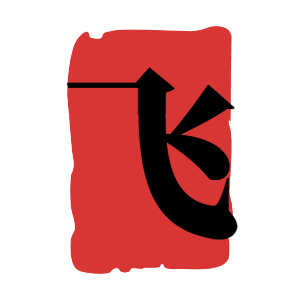探索英文单词组的奥秘:揭秘日常对话中那些常见的词组组合
1. for example - 例如
- 用途:用于举例说明,引导一个具体的例子来支持某个观点或陈述。
- 例句:For example, I like to read books about history.
2. in addition - 此外
- 用途:表示除了已经提到的内容之外,还有其他的内容或情况。
- 例句:In addition to my job, I also volunteer at the local animal shelter.
3. as a result - 因此
- 用途:用来说明某件事情导致了另一个结果或后果。
- 例句:As a result, we decided to move to a smaller apartment.
4. besides - 此外
- 用途:用来添加额外的信息或细节,强调除了已知的信息之外还有更多内容。
- 例句:Besides being fun, it's also educational.
5. meanwhile - 同时
- 用途:用来表示在描述一个动作的另一个动作也在发生。
- 例句:Meanwhile, I was working on my report.
6. on the other hand - 另一方面
- 用途:用来对比两个相对立的观点或情况。
- 例句:On the one hand, it's convenient; on the other hand, it's expensive.
7. instead - 相反地
- 用途:用来改变句子的语态或强调与预期不同的结果。
- 例句:Instead of buying a new car, I decided to fix the old one.
8. in fact - 事实上
- 用途:用来引出一个事实或真相,通常是对之前话语的补充或纠正。
- 例句:In fact, I have a lot of free time these days.
9. according to - 根据
- 用途:用来引入一个基于某种标准或规则的解释或观点。
- 例句:According to the law, you must pay taxes on your income.
10. to be honest - 说实话
- 用途:用来表达诚实或直接地表达自己的看法。
- 例句:To be honest, I don't think that's a good idea.
这些词组在日常交流中非常实用,能够帮助我们更有效地表达思想和情感。通过学习和使用这些词组,我们可以提高英语口语的准确性和流畅性。

